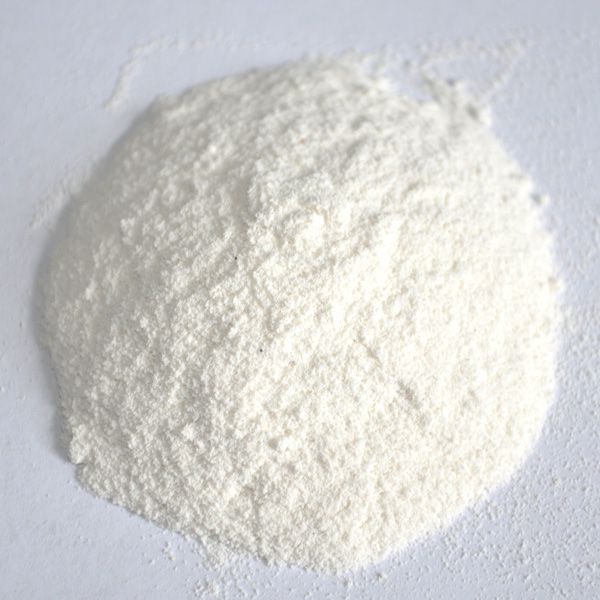Unveiling the Role of Monocalcium Phosphate in Food: A Versatile Food Additive
2023-08-28
Introduction:
Monocalcium phosphate, a food additive with multiple applications, plays a significant role in the food industry. This versatile compound finds its way into a wide range of food products, contributing to their texture, leavening properties, and nutritional value. In this article, we explore the uses and benefits of monocalcium phosphate in food, shedding light on its importance and safety considerations.
Understanding Monocalcium Phosphate:
Monocalcium phosphate (chemical formula: Ca(H2PO4)2) is derived from naturally occurring minerals, primarily phosphate rock. It is a white, odorless powder that is soluble in water and commonly used as a leavening agent in baking. Monocalcium phosphate is considered a safe food additive by regulatory authorities, including the U.S. Food and Drug Administration (FDA) and the European Food Safety Authority (EFSA).
Leavening Agent in Baked Goods:
One of the primary applications of monocalcium phosphate in the food industry is as a leavening agent. When combined with baking soda, it reacts with acidic components in the dough or batter, such as buttermilk or yogurt, to release carbon dioxide gas. This gas causes the dough or batter to rise, resulting in light and fluffy baked goods.
The controlled release of carbon dioxide during the baking process contributes to the desired texture and volume of products such as cakes, muffins, biscuits, and quick breads. Monocalcium phosphate offers a reliable alternative to other leavening agents, providing consistent results in baking applications.
Nutritional Supplement:
Monocalcium phosphate also serves as a nutritional supplement in certain food products. It is a source of bioavailable calcium and phosphorus, essential minerals that support bone health and various physiological functions. Food manufacturers often fortify products such as breakfast cereals, nutrition bars, and dairy alternatives with monocalcium phosphate to enhance their nutritional profile.
pH Adjuster and Buffer:
Another role of monocalcium phosphate in food is as a pH adjuster and buffer. It helps regulate the pH of food products, ensuring optimal acidity levels for taste, texture, and microbial stability. By controlling the pH, monocalcium phosphate helps maintain the desired flavor and quality of various food items, including beverages, canned goods, and processed meats.
Improving Shelf Life and Texture:
In addition to its leavening properties, monocalcium phosphate aids in extending the shelf life and enhancing the texture of certain food products. It acts as a dough conditioner, improving the elasticity and handling characteristics of bread and other baked goods. The use of monocalcium phosphate helps create a more uniform crumb structure and enhances moisture retention, resulting in products that stay fresher for longer.
Safety Considerations:
Monocalcium phosphate is considered safe for consumption when used in accordance with regulatory guidelines. It undergoes rigorous testing and evaluation by food safety authorities to ensure its safety for human consumption. However, individuals with specific dietary restrictions or medical conditions should consult with healthcare professionals before consuming foods containing monocalcium phosphate.
Conclusion:
Monocalcium phosphate plays a vital role in the food industry as a versatile food additive. Its applications as a leavening agent, nutritional supplement, pH adjuster, and texture enhancer contribute to the quality, taste, and shelf life of various food products. As a safe and approved food additive, monocalcium phosphate continues to support the production of a wide range of baked goods, fortified foods, and processed items. Its versatility and benefits make it an essential ingredient in the food industry, ensuring the availability of appealing and nutritious food options for consumers worldwide.


